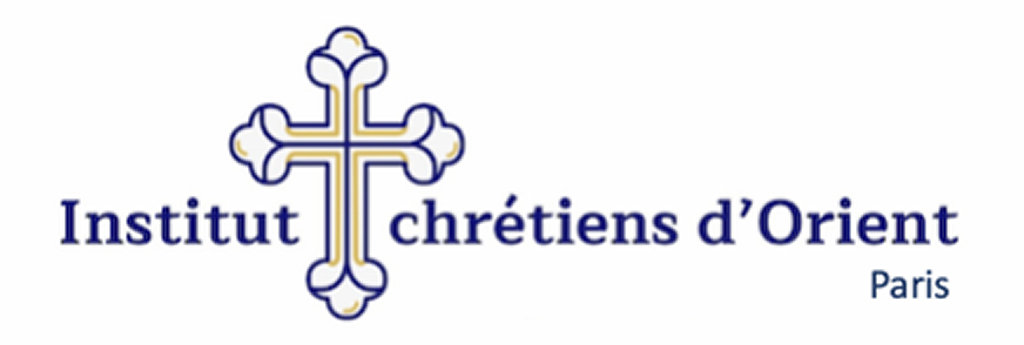International colloquium "Eastern Christians in diaspora: dispersion, dilution, integration, structuring?", May 11 and 12

Colloquium organized, in face-to-face and distance learning, by the Centre d'études en sciences sociales sur les mondes africains, américains et asiatiques - CESSMA (Inalco-Université Paris Cité-IRD) and the Institut chrétiens d'Orient (ICO).
Thursday, May 11, 2023 - 09:00-18:00 - Maison de la recherche (2, rue de Lille - Paris 7e) - Auditorium Dumézil
Friday, May 12, 2023 - 09:45-18:00 - PLC (65, rue des Grands Moulins - Paris 13e) - Amphi 1
Open to all with compulsory registration (face-to-face and remote) by sending an email, specifying "Colloque" and your mode of participation, to:
View e-mail
The emigration of Christians from the Middle East (known generically as 'Christians of the East'), all communities taken together, is very often evoked in the media to illustrate the violence of which they are victims. We often forget that Christians are not the only ones affected (far from it), and this "victim" or compassionate stance sometimes hinders our understanding and appreciation of these social phenomena. Without denying the violence of the conflicts and crises currently affecting these populations in the Middle East, this scientific meeting considers the diasporic question of Eastern Christians from a broader perspective, while adopting a comparative approach. This is based on recent works that have renewed the approach to migrations and diasporas: Mathilde Monge and Natalie Muchnik's (2019) work on diasporas in modern Europe, which invites us to undertake a comparative approach in order to overcome national or denominational historiographical fragmentation and to study diasporic groups in a cross-disciplinary way ; the work of Nancy Green (2016 and 2019), which examines contemporary migration in its transnational dimension; and finally, the research currently being carried out by Claire Zalc as part of the ERC Lubart world project (2017-2022) on the links between migration and persecution from a micro-historical and transnational perspective. The symposium will also be able to draw on a renewed interest in Middle Eastern diasporas, particularly those that have made their home in the West but not only (see Samuli Schielke for Egyptians in the Gulf). Middle Eastern Christians in Europe and the Americas (see Acladios on Copts in North America, and Anna Hager 2019 on Syriac Orthodox in Guatemala, among others) are also benefiting from a revival of interest that has resulted in the writing of theses and articles and the launch of European research projects, as well as a major public history project, the Coptic Canadian History Project (CCHP), recently renamed Egypt Migrations. The most numerous studies have focused on the major migratory centers of North America and Australia, or in Europe, Sweden for the Syriacs and France for the Armenians (on the latter, see Boris Adjdemian). As the communities settled in Europe acquire greater visibility, research is being carried out into various aspects of their life in society (see Schmöller, McCallum, Armbruster, Murre-van den Berg...), with a particular focus on their relations with host societies, as well as real or imagined links with regions of origin.
Contact:
View e-mail
View e-mail


Colloque international « Les chrétiens d’Orient en diaspora : dispersion, dilution, intégration, structuration? » - Affiche (942.17 KB, .pdf)